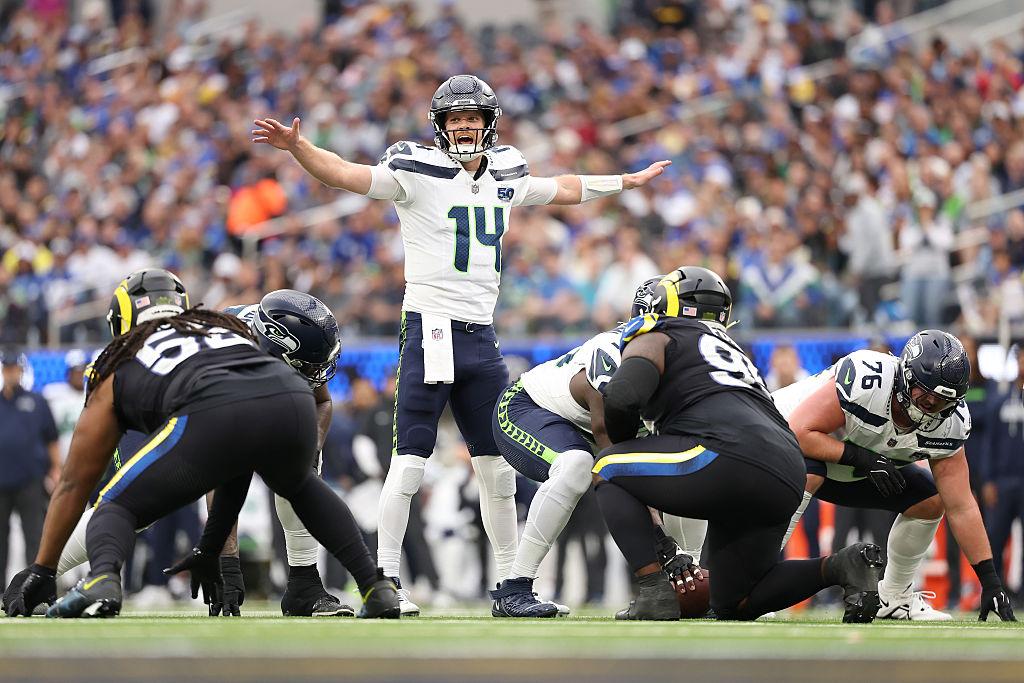The private equity deal "will be the end of Michigan, as far as I can see, in the Big Ten Conference," said one member of the UM Board of Regents.
Can Michigan football leave the Big Ten?Private equity deals put that option on the table
- The Big Ten is mulling a $2.4 billion private investment, sparking controversy within the conference.
— A University of Michigan regent suggested the school might consider football independence if a deal moves forward without unanimous approval.
- Michigan and USC oppose the proposal, arguing over conference autonomy and fee structures.
Could Michigan football leave the Big Ten?No membership of the Council of Defense of Regents.
The conference, colonized by Tony Petit, started an investment of $ 24 billion. Tina investment UC $ INSURRIID Sorestoja ka pagunarandiri gedé anu called free enterprise.
However, on Monday, UC Investments announced that it will wait for "a coalition of 18 Big Ten university members" before moving forward.
By October, plans were made in front of U-M and email signs
Likewise, Acker spoke with NBC Sports' Nicole Auerbach on SiriusXM's "College Sports" show on Monday and agreed to an even tougher stance.
"Michigan has a lot of options," ethor said."The opportunity to be independent with football is something you have to consider. Not today, but finally the office has happened."
"That would be the end of Michigan as far as I can see in the Big Ten Conference."
As part of the proposed deal, UC Investments will receive 10% of the Big Ten's media and sponsorship rights earnings for 15 years, after which it will be able to sell its interest.The other 90% would be shared among the schools, with payments varying according to a university's earning potential.
When news of the pending deal broke last month, Michigan and USC were two institutions in opposition.The other 16 teams in the conference have agreed to a deal.Not only are athletic costs rising — especially with the court's settlement allowing NCAA schools to pay players directly — but the immediate cash flow could theoretically help all programs become more competitive in the short term in the NIL era.
Michigan doesn't want to accept that, because the school has good positions and good stuff.In addition, the conference does not want to sacrifice its independence to an external investor.
USC's main issue is benefiting from its status outside the bounds of member institutions (based in part on the league), which only made the top ten in 2024.
The deal extends the Big Ten franchise for a decade through 2046.Some in the conference see this as a good thing, hoping for long-term stability and ensuring the league doesn't become a super conference.
People in Ann Arbor see it differently.
"A few days ago (Bernstein) signed a contract. "I think it would be foolish to have independence.
"Frankly, it would be irresponsible of us as trustees of the University of Michigan to sign something that obligates us if we don't know what that obligation will look like."
Nearly two dozen board members from 12 Big Ten universities contacted the American Council of Trustees and Alumni last week, according to Yahoo Sports' Ross Dellenger.
"Still looking for answers on the B1G proposal," she posted on X on Monday.
Tony Garcia is the Wolverines beat writer for the Detroit Free Press.Email him at apgarcia@freepress.com and follow him on X at @RealTonyGarcia.








